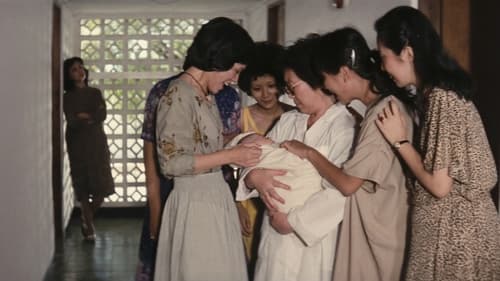Mi-Mi Lee
Nascimento : , Pingtung, Taiwan
História
Born in Chaozhou, Pingtung in 1946, shortly after graduating from Shih Hsin University, Mi-Mi Lee joined the crew of The Story of a Deity (1969) as a script supervisor for Japanese director Yamanouchi Tetsuya, who she considered the first person to illuminate her path to filmmaking. She continued to work as a script supervisor on multiple films including Four Moods (1970), co-director by Lee Hsing. She was also the assistant director for directors Pan Lei and Wang Yu. Mi-Mi Lee made her first directorial film in 1972 with the Taiwanese-language film Pure Love and went on to direct and independently produce three feature films in the early 1980s, including Evening News, Unmarried Mothers, and Girls’ School dubbed as the “Taiwanese Urban Female Trilogy.” Her films have a distinctive auteur approach: simple yet bold composition, smooth cutting, vivid female characters, and a story containing an idealistic vision of a “female utopia”. Throughout the ‘80s and ‘90s, she was the youngest female director in TTV at that time. She was one of the primary directors for primetime dramas produced by Taiwan’s three major television stations (TTV, CTV, CTS), making an early start in the industry as a professional television show director.



